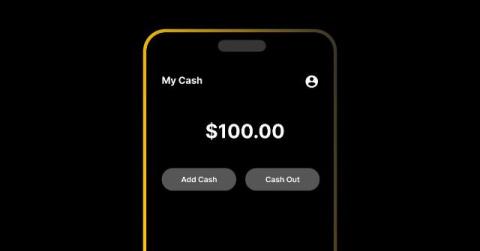Can You Get Scammed on Cash App?
Yes, you can get scammed on Cash App in a variety of ways, including cash flipping, accidental payments and phishing messages. Cash App scams are harmful because they can swindle you out of money, steal your personal information and even gain access to your Cash App account. Continue reading to learn more about Cash App, several of the most common Cash App scams and how you can avoid becoming a victim of them.











